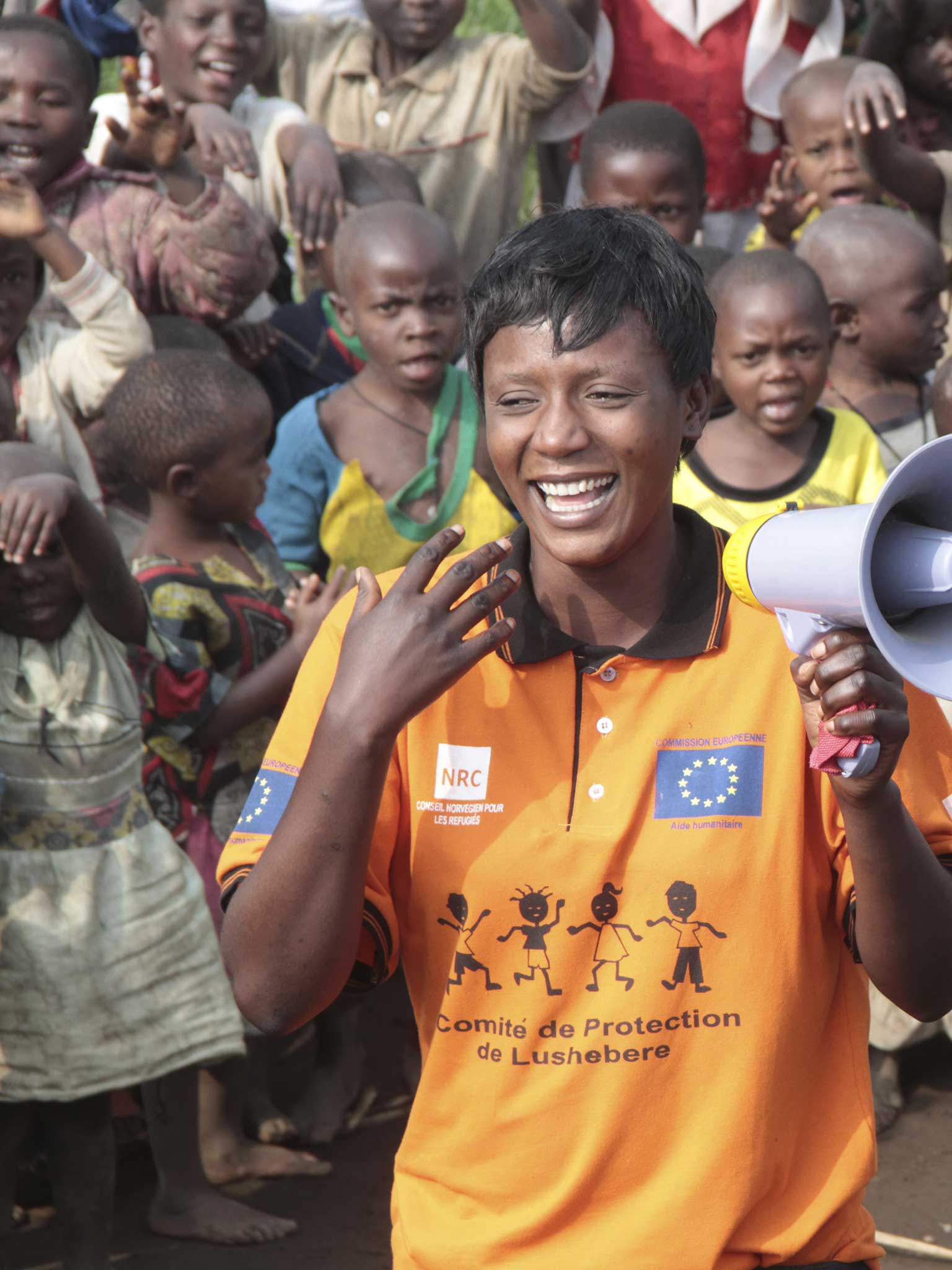Building resilience
Building resilience
Strengthening a community’s ability to withstand and quickly recover from future disasters is an essential facet of humanitarian aid work. Building resilience is an effective way of reducing loss of life and property during an emergency. Preparing for the worst is also much more costeffective than just waiting to respond to the next disaster. Resilience programmes are particularly valuable in places that are vulnerable to repeated crises.
The EU works to integrate resilience into the projects and programmes which it funds around the world. EU policies in areas such as climate change, disaster risk reduction, and the delivery of food and water reflect the need to prepare communities for future challenges.
Recently, the EU has provided funding for two flagship projects which bring resilience to the fore. It plays a leading role in the Global Alliance for Resilience Initiative (AGIR), which focuses on supporting nine countries in the Sahel region in West Africa to deal with the ever-present danger of food shortages. By supporting the Horn of Africa’s Resilience (SHARE), the EU pursues similar objectives in Ethiopia, Kenya, Djibouti and Somalia in East Africa.

